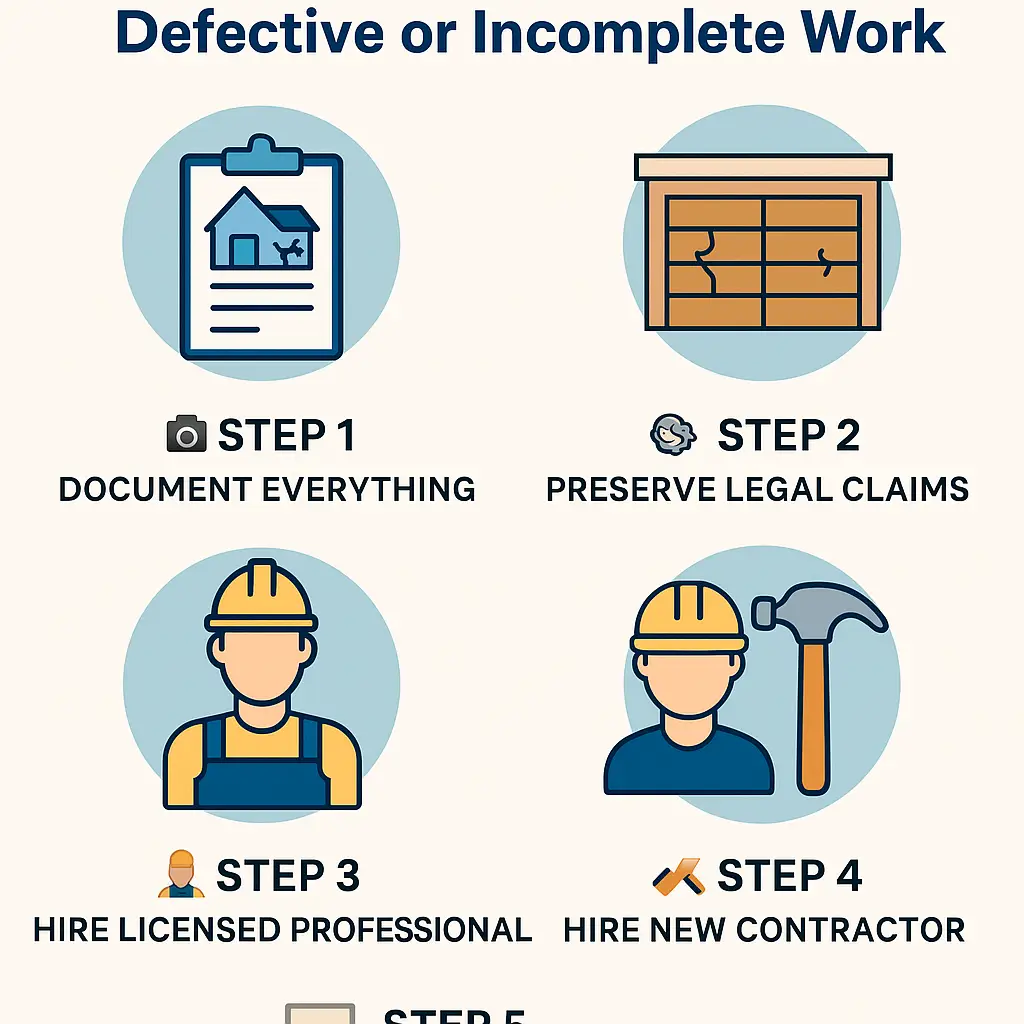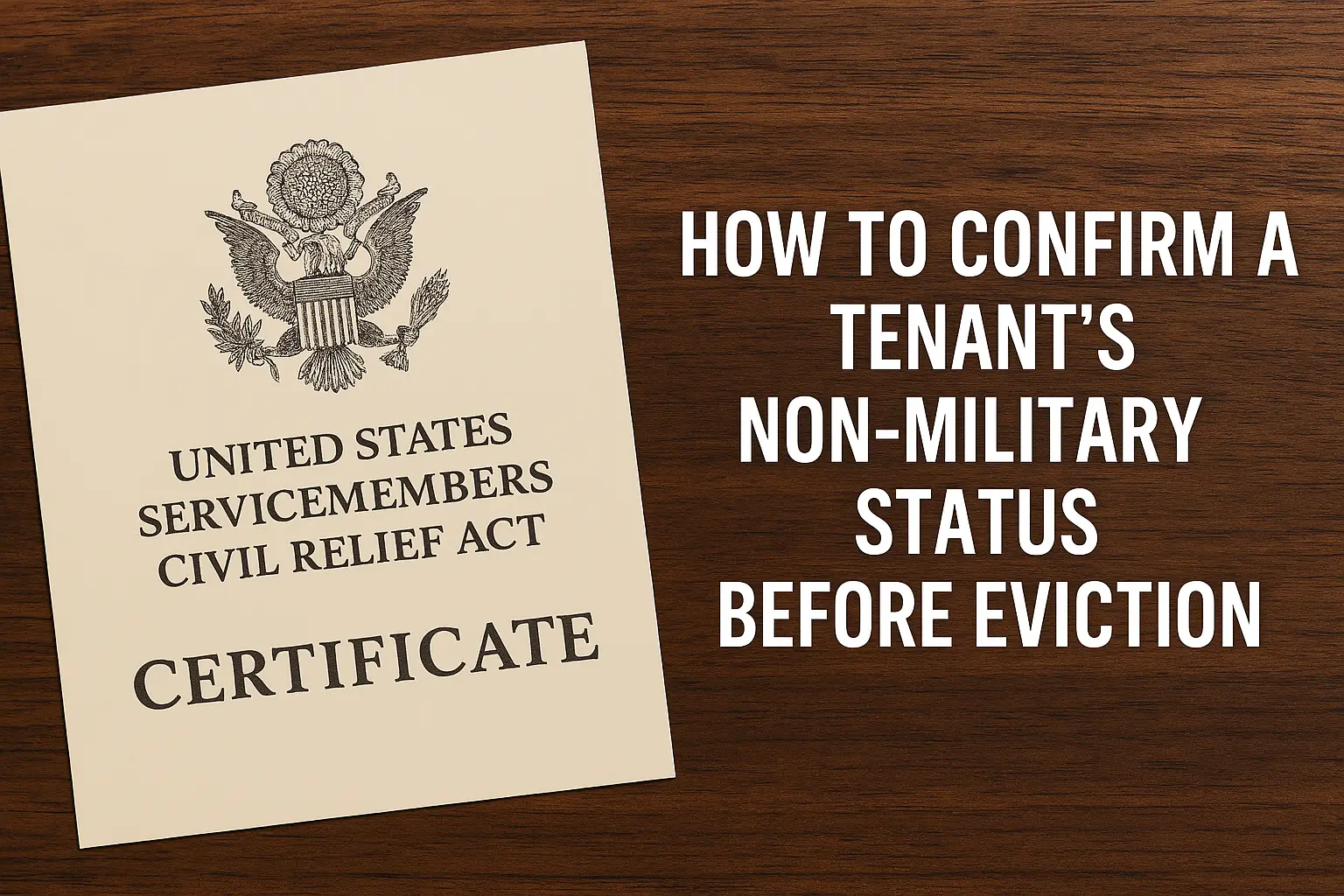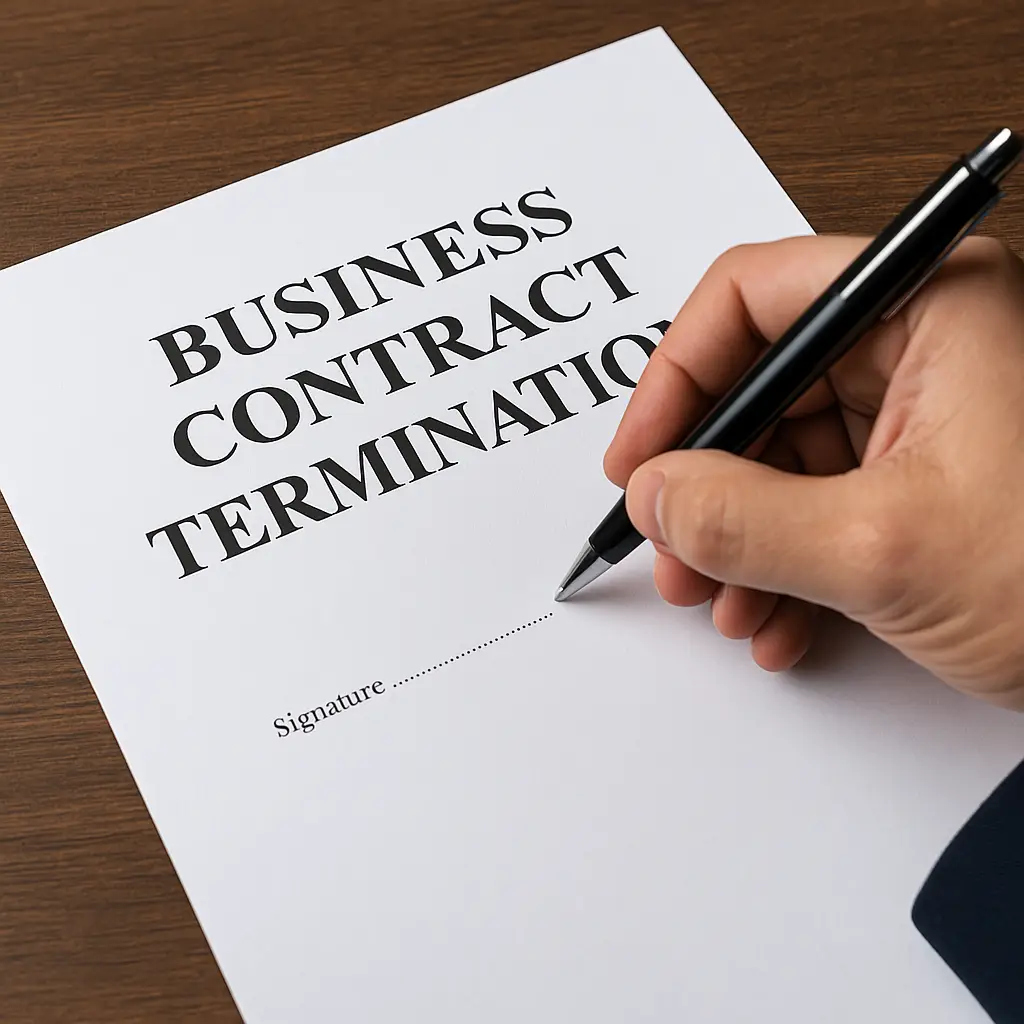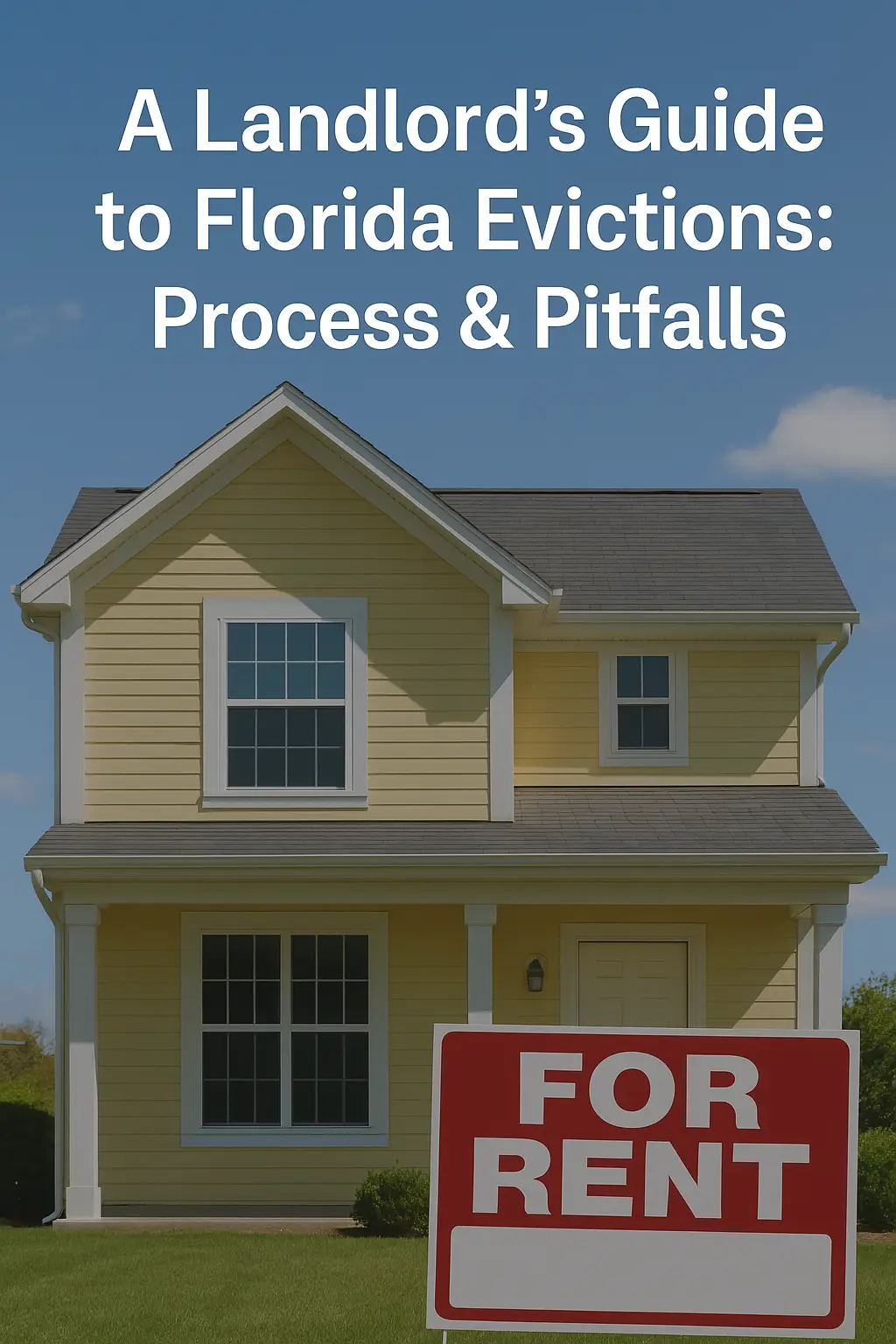What to Do If Your Contractor Abandons the Job or Performs Defective Work
A Step-by-Step Legal and Practical Guide for Florida Property Owners Hiring a contractor should move your project forward—not leave you with substandard work, unfinished spaces, or thousands of dollars in damage. Unfortunately, many Florida property owners—both residential and commercial—find themselves asking the same question:“What do I do now that the contractor abandoned the job or … Read more












